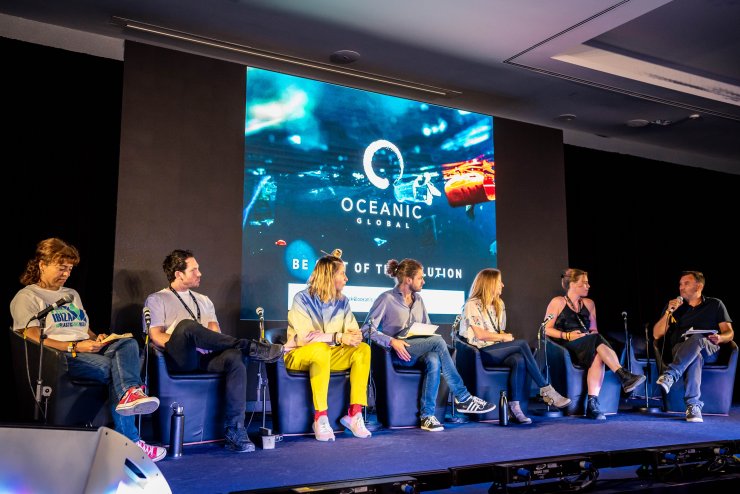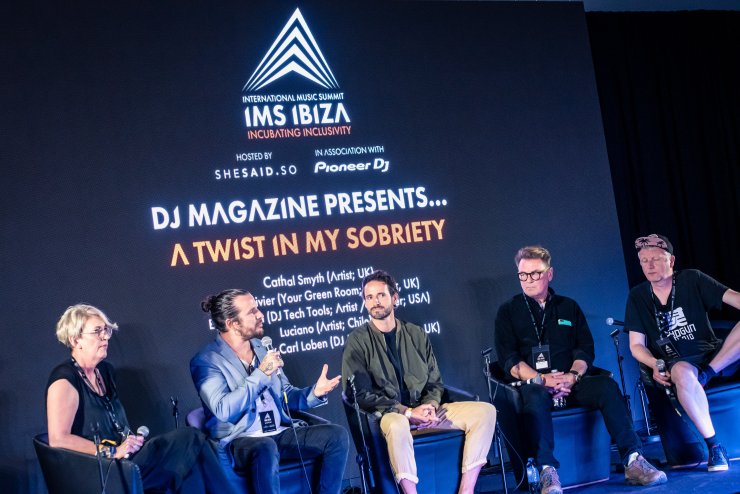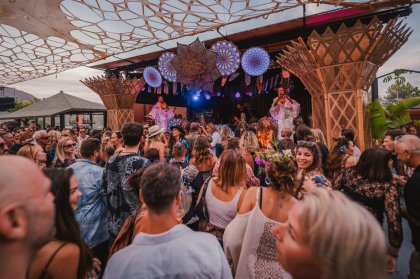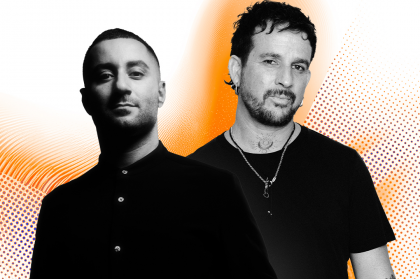Despite its focus on music and parties, the electronic music industry is not all fun and games. On day two, the International Music Summit (IMS) focused on the darker sides of the industry and what we can all do to improve the situation.
Even though it is a young industry - forty years ago it barely existed - electronic dance music has made a global impact like few others. With 1.5 billion people listening to the genre, it is the third most popular genre worldwide.
With great power comes great responsibility, both in terms of the impact its massive events have on the planet and on effects of unrealistic schedules, addictive behaviours and competitive pressure for the artists. IMS steps up to the plate.
The second day saw the summit delving into the depths of the not so pleasant issues surrounding the industry. Rather than despair, though, it shone a light of hope, since being aware of what is happening brings us halfway to the solution.
Keeping abreast of the issues surrounding the industry, IMS explored ways to address and resolve them. The focus was on solutions.
Here's a rundown on what we can do for the planet and for the mental health of the people associated with our industry.
About the environment
Day two launched head into ways in which the music industry can contribute to a greener future.
As Zak Day from the Oceanic Global Foundation pointed out, the impact of music festivals in the UK alone is estimated 20,000 tons of waste and 10 million plastic bottles per year. Such figures make clear that the music industry is in a key position to make a difference.
While the solution cannot be achieved from one day to the next, the panel pointed to many approaches we do have.
For one, the Ibiza Preservation Foundation works to preserve the beauty of the island by working together and building alliances between businesses, administrations and civil societies, aiming to make Ibiza single-use plastic-free by 2023.
Executive director of the foundation, Sandra Benbeniste reminds us that "We are all part of the problem, but we are also all part of the solution," inviting us all to "spread the word and lead by example."
Vivie-Ann Bakos of BLOND:ISH spoke of removing single-use plastic in the electronic music industry with Bye Bye Plastic in "small actionable steps," supporting event organisers in the transition.
As for solutions, Claire O'Neill from a Greener Festival pointed to "one small, achievable, tangible thing that we can do now, which is much easier than stopping all of our transport, which would kill the industry, is to simply stop eating beef [...] the amount of carbon that we can save and the land use impact that we can alleviate is staggering."
Leading the way, later in the day, BLOND:ISH, Bye Bye Plastic, Oceanic Global Foundation and Casita Verde conducted a beach cleanup on Playa d'en Bossa.
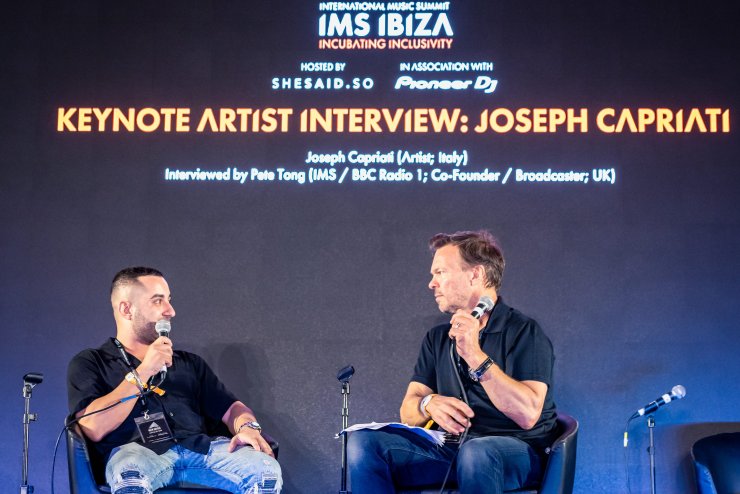
Focus on healthy habits
One way to keep one's head above water is to focus on one's art and keep healthy habits. The first of keynote interview of the day, Joseph Capriati spoke to Pete Tong of the rise to fame, from humble beginnings in southern Italy to one of techno's most in-demand artists.
Despite his 27-hour record playing nonstop, he advocates maintaining a close-knit community around, going back to visit his family for a few weeks every couple months, while remembering to eat, rest and exercise.
Amongst his greater mentors and friends, Adam Beyer, Jamie Jones, Marco Carola and Carl Cox. It was Coxy himself who gave Joseph, the advice he lives by to survive the absurd rhythms of the industry: "Less is more. Calm Down."
It may seem like common sense, but often the demands and pressures of the industry take over. Sometimes it's not that simple.
tools to cope
The bulk of the day honed in on some of the dark and raw aspects of being a globetrotting DJ and the price that often comes with maintaining such crazy rhythms, as well as the conscious decisions artists and industry professionals make to manage health and longevity within the industry.
The panel A Twist In My Sobriety witnessed the first of two candid contributions from Luciano, who has now been sober for two years following an accident in which he faced the choice between life and death.
For the Chilean-Swiss superstar, the crux of the solution - besides a period of rehab centre - was to learn to love oneself again and to understand the process that takes place inside the brain. These days, Luciano shares cold-pressed ginger juice shots in the DJ booth to create new positive habits.
A "deep breath from my belly" is what works for artist Cathal Smyth. Referring to that internal dialogue that goes on inside all of us, behavioural psychologist Clare Scivier founder of Your Green Room explained how to alter how that internal coach speaks within.
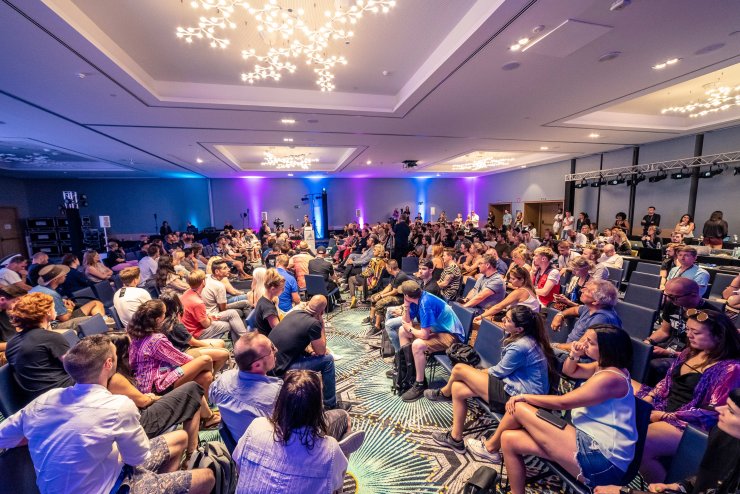
REGARDING MENTAL HEALTH
Addictions come in many shapes and forms, from behavioural addictions to social media - also the subject of the documentary Insta DJ - to chemical addictions and their role in mental health. Janis Joplin, Kurt Cobain, Jimi Hendrix - the problem dates back to the last century.
Possibly the most poignant interview came from Klas Bergling, father of the late Avicii who passed away in April 2018. In memory of his son, he is setting up the Tim Bergling Foundation to do preventive work for mental illness and suicide, as well as focusing on his son's passion for climate and environment.
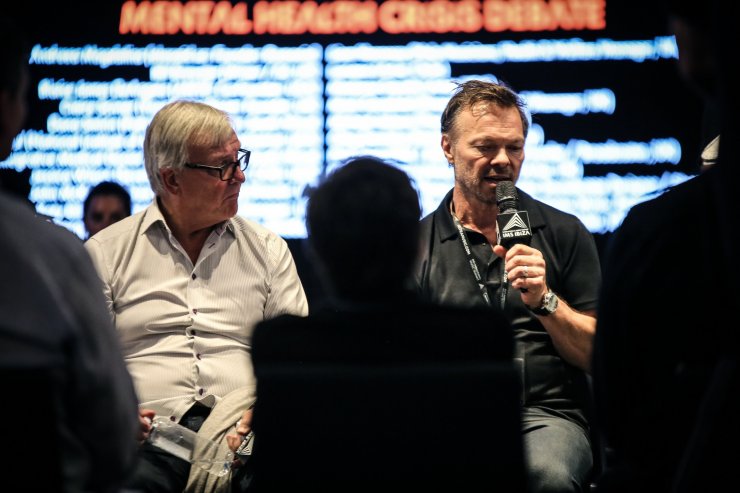
For Klas, the biggest issues that need to be addressed include lack of sleep, unrealistic travel expectations, loneliness and, in his words, "It's not many jobs that you're allowed to drink while you work" - but these are only part of the problem.
Out of the ensuing debate, ideas for reform and possible solutions came flowing. For starters, Regional Manager of Association for Electronic Music (AFEM) Tristan Hunt will be releasing The Electronic Music Industry Guide to Mental Health in the weeks to come.
With 22 speakers, the Mental Health Crisis Debate proved the heftiest of the day, touching on a very deserving topic.
Amongst the most applauded were the ones from Madame Gandhi. She advocates sharing good habits on social media, practising the healthy behaviours - going to the gym, sleeping normally, finding the local green juice - when it's easy so that she misses them when she's on tour. Finally, we need more of that balance between masculine and feminine energies.
Medical and health practitioners should also become part of the team with the promoters, managers and accountants, all of whom need to be educated.
As vulnerability begins to be viewed as a strength, brands need to step up and shift what they portray as sexy - that it's okay to be who you are.
Whatever the current state of events, a shift is no doubt taking place in our culture and the issues are not exclusive to this industry.
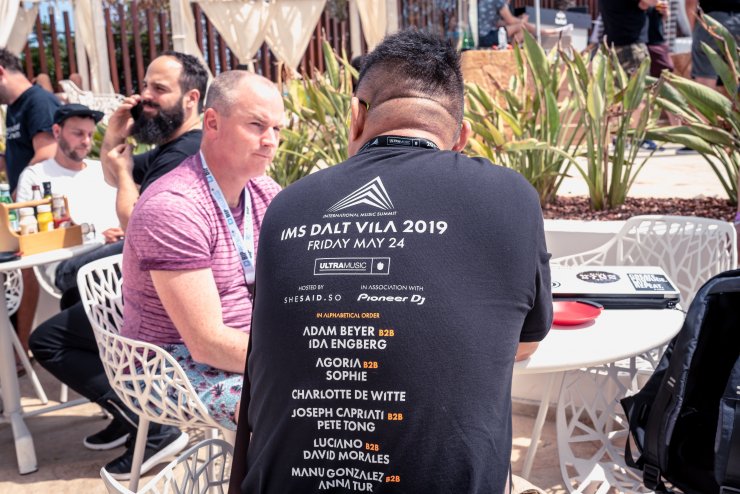
final words
In the past few years, the content of IMS has seen a huge shift in dealing with real issues as the industry has matured. Wild and magical, the electronic music industry has no doubt come of age and as such needs to face these issues. IMS continues to tackle this challenge.

